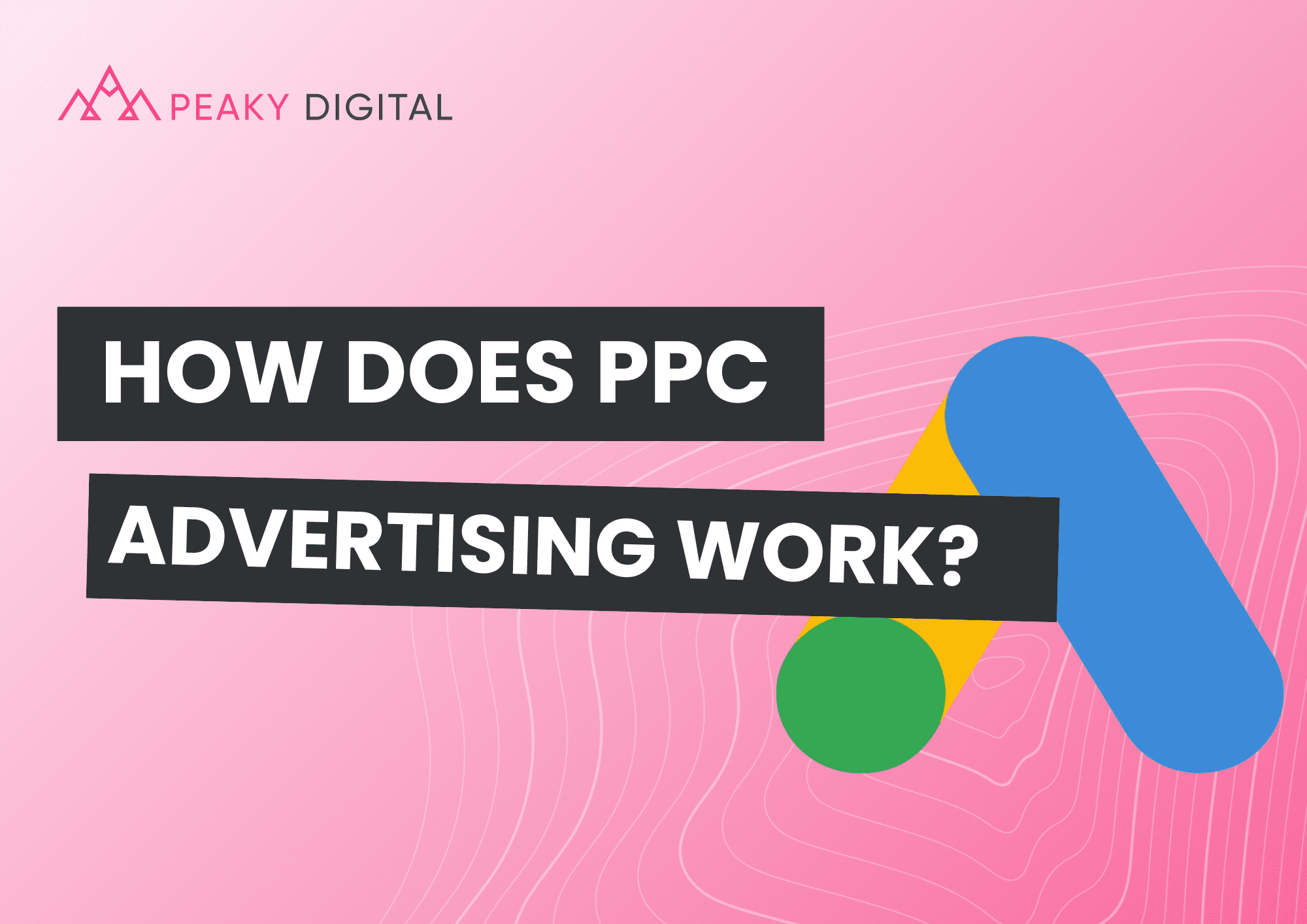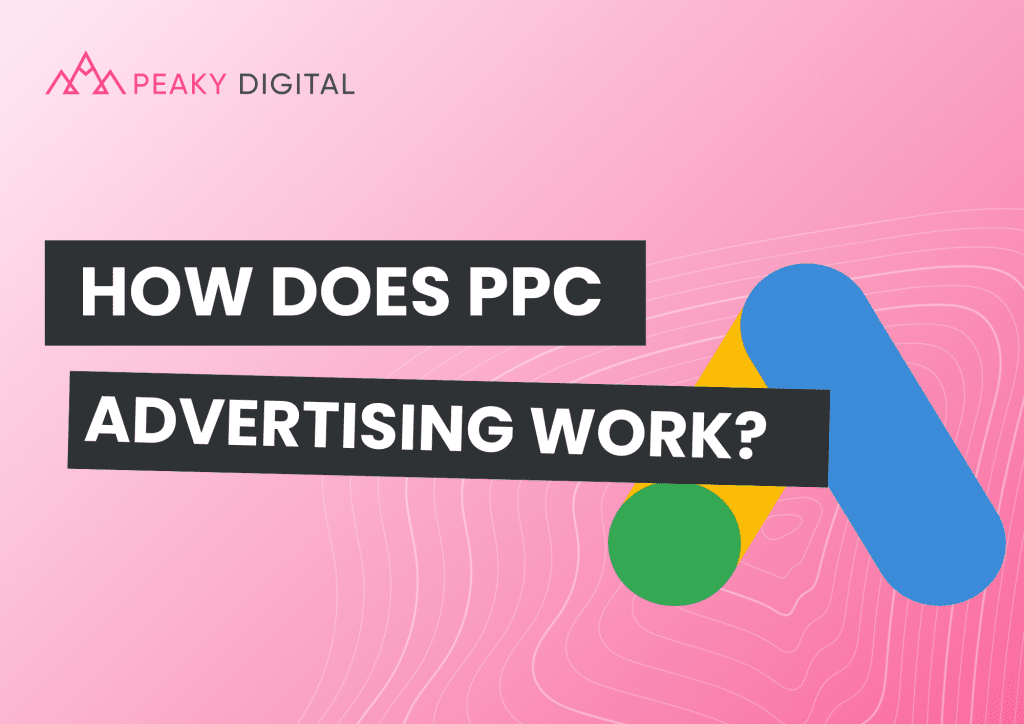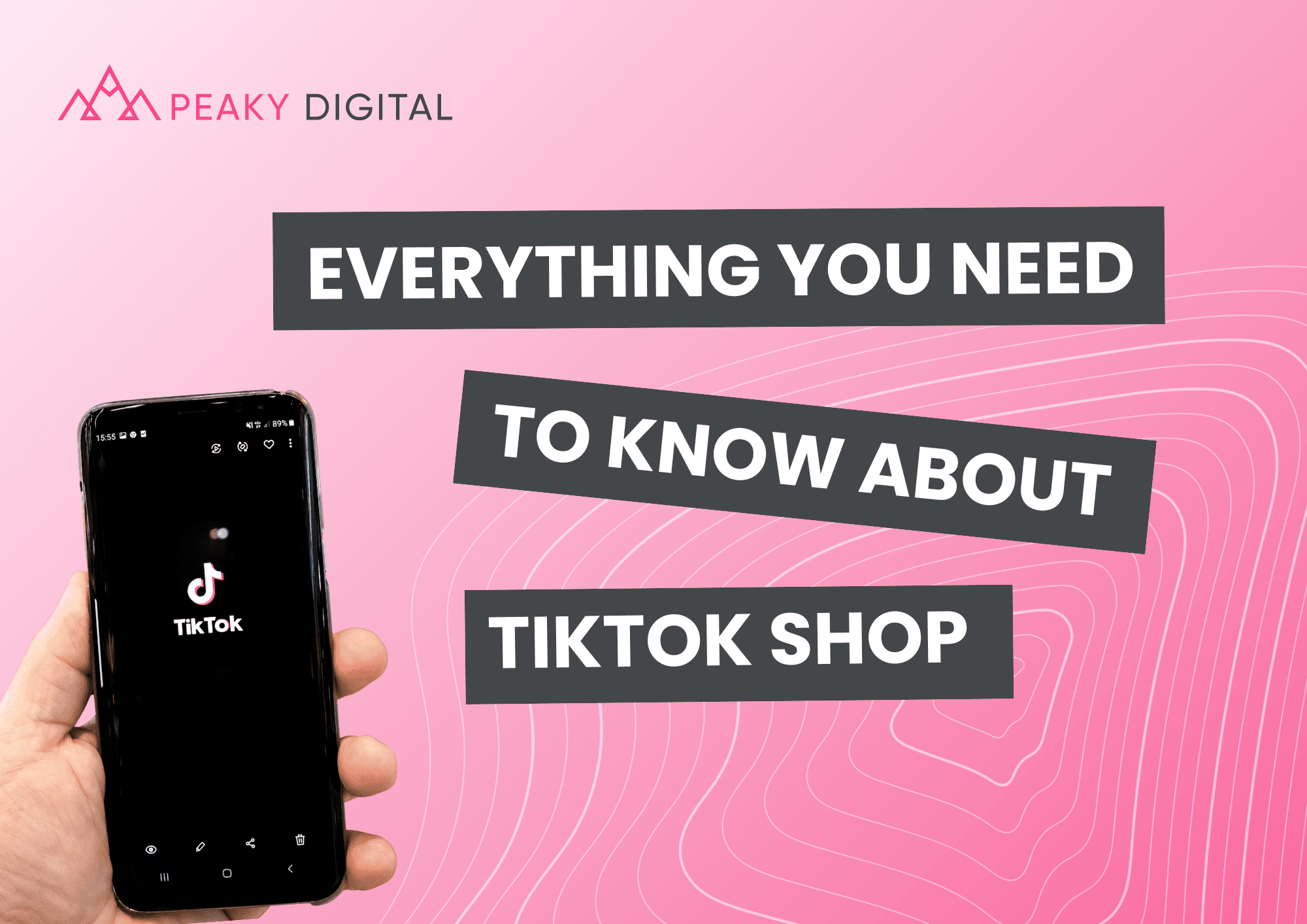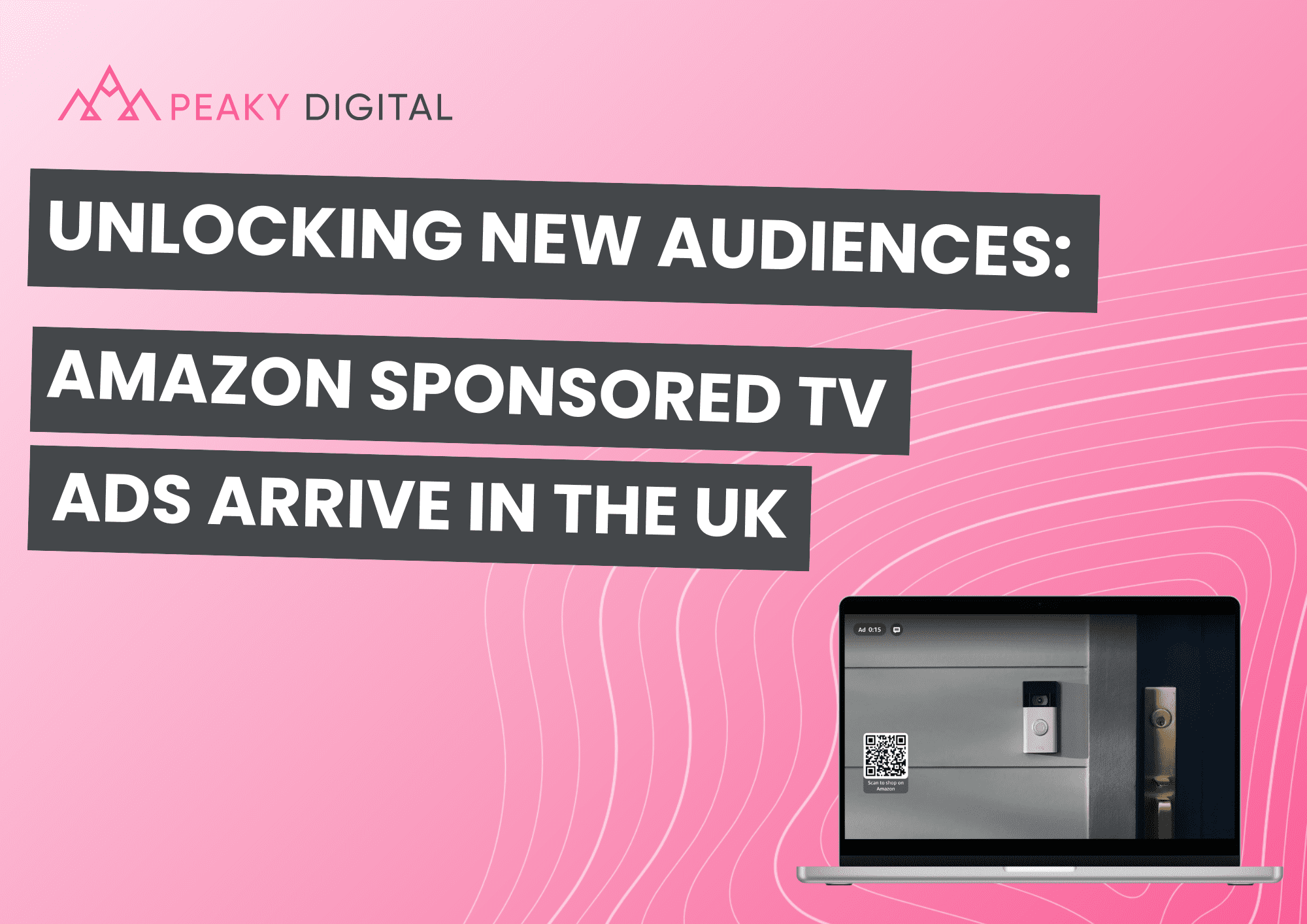
How does PPC advertising work?
Sep 4, 2024
PPC (Pay-Per-Click) is a digital marketing tool designed to drive targeted traffic to a website and…
by Charlotte Westlake
Sep 4, 2024

PPC (Pay-Per-Click) is a digital marketing tool designed to drive targeted traffic to a website and boost business visibility online. It is typically found on search engines like Google & Bing.
With a proven ability to strengthen online sales, it should play a key part in any business digital marketing strategy. Wondering how PPC advertising works? Let’s break it down.
PPC advertising is designed to allow brands to position themselves in front of highly relevant users on search engines. Advertisers choose search terms to bid on and these are what the ads will appear for. Each time their ad is clicked, they pay a small fee.
Essentially, advertisers are buying visits to their site rather than earning them organically. By doing this they can attract users who are actively searching for terms related to their services or products.
As an example, a shoe business looking to increase sales for trainers may target terms around ‘ladies trainers’ or ‘running trainers’ to target users searching for those terms. These users will have a high intent to purchase as they already know what they are looking for.
Many different factors need to be considered when setting up PPC campaigns, and it’s important to consider these. We’ve broken down some of the most important factors below:
Each campaign should have an objective relating to a goal for the site, this could be to increase sales, increase enquiries through a contact or simply to bring a higher number of users through to the site.
Having a specific goal and KPIs (key performance indicators) for your campaigns will help you to measure their success.
The first step in creating successful PPC campaigns is to select the right keywords. These are the search terms you’ll be appearing for so these must be relevant to your brand/products. It helps to have a good understanding of your target audience but tools such as Google’s Keyword Planner can also help to identify keywords & the costs associated with these keywords.
When creating PPC campaigns, you’ll need to decide on a monthly budget. Cost per clicks (CPCs) can be influenced by several factors including the competitiveness of your chosen keywords, your quality score, and your bid amount.
Seasonal trends and market demand can also influence CPCs, impacting your overall advertising costs.
Once your campaign is up and running you’ll need to regularly review campaign performance to ensure they are running efficiently and in line with your goals. By which keywords and ads are performing best you’re able to make informed decisions about any tweaks to campaigns.
Interested in exploring PPC advertising for your business?
Our team of PPC experts have a wealth of experience in running successful Google campaigns, get in touch to explore how we can help with data lead PPC strategy to increase your online presence and ROI.
Brand awareness, business growth or a bigger and better ROI, our team of digital specialists are here to help you get the most from your brand. Let's start a new partnership today.

Sep 4, 2024
PPC (Pay-Per-Click) is a digital marketing tool designed to drive targeted traffic to a website and…

Aug 2, 2024
With other social media platforms such as Facebook and Pinterest boasting conversion rates of up to…

Jul 26, 2024
At Unboxed 2023 Amazon introduced Sponsored TV, a brand-new self-service advertising format with no minimum spend…
